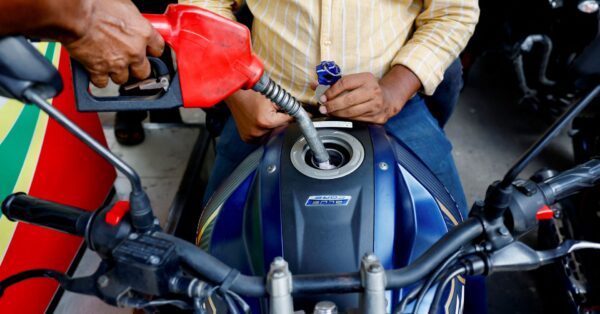Bangladesh raised fuel prices to 51.7 percent with effects from Saturday, a step that will cut the burden of the country’s subsidies but gives more pressure on high inflation. The economy of $ 416 billion in South Asia has become one of the fastest developing in the world for years. However, the soaring energy and food prices have increased import bills, encouraging the government to find loans from global lending institutions, including international monetary funds.
The increase in fuel prices cannot be avoided considering the global market conditions, the Ministry said in a statement, noting Bangladesh Petroleum Corporation (BPC) managed by the government has caused losses of more than 8 billion taka ($ 85 million) in oil sales in six months until July. The new price seems to be tolerated by everyone. But we have no other choice. People must be patient, “Nasrul Hamid, Foreign Minister for resources, energy and minerals told reporters on Saturday. He said the price would be adjusted if the global price dropped.
“That is necessary but I never imagined such a drastic increase. I do not know whether the government meets the prerequisites for having an IMF loan,” said a government official.
When people have suffered because the price of commodities is important, the increase in petroleum prices will increase their burden, the addition of the official. The Bangladesh inflation rate has reached 6 percent for nine consecutive months, with annual inflation in July reaching 7.48 percent, putting pressure on poor families and middle income to meet their daily expenses.
That in turn increases the risk of social riots in the country 165 million people. “We have struggled to meet the needs. Now the government raises the price of fuel, how will we survive?” Said Mizanur Rahman, an employee of the private sector. Global oil prices were closed Sunday on Friday at the lowest level since February, confused by concerns, the recession could reach fuel demand.
Benchmark Brent Crude Futures dropped below $ 95 per barrel on Friday after reaching the new peak -new $ 133.18 in March. The last government raised diesel prices and kerosene by 23 percent in November which in turn pushed an increase in transportation tariffs by almost 30 percent.
In the midst of reduced foreign exchange reserves, the government has taken a series of steps, including placing restrictions on imports of luxury goods and fuel imports including liquid natural gas (LNG) and closing diesel power plants used due to recurring power outages.
The country’s foreign exchange reserves reached $ 39.67 billion on August 3, enough to only cover about five months of imports and down from $ 45.89 billion
